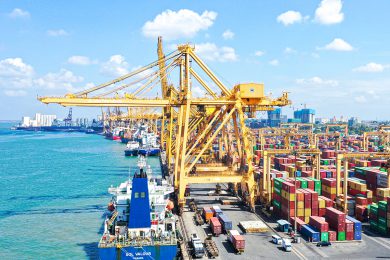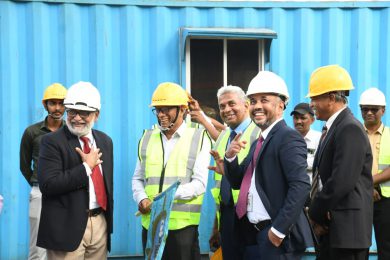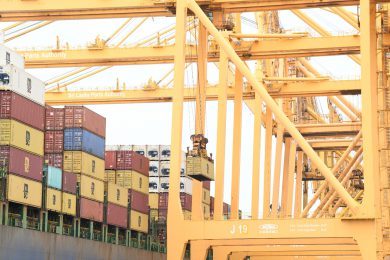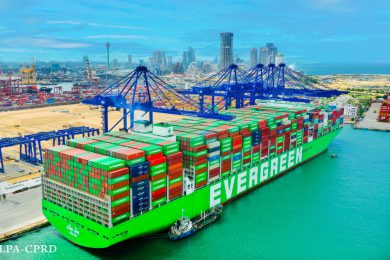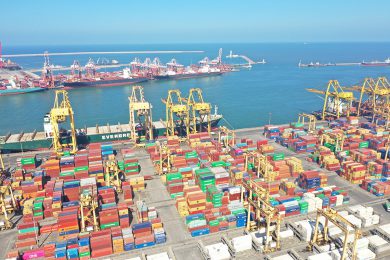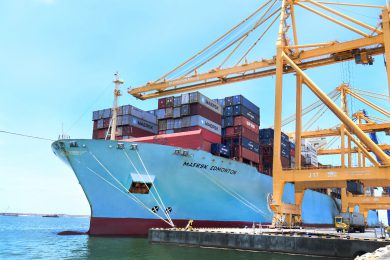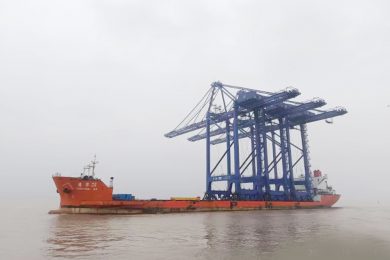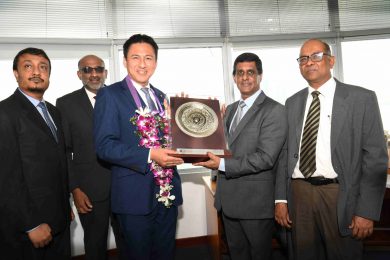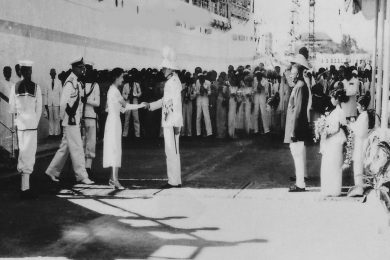Leaders across the international shipping industry have signed a call to action for shipping decarbonisation, urging world leaders to align shipping with the Paris Agreement’s temperature goal of becoming climate neutral by 2050.
The call to action demands governments to deliver policies that will supercharge the transition and make zero emission shipping the default by 2030.
Signatories already include the likes of A.P. Moller- Maersk, BP, Citi, Hapag Lloyd, MSC Mediterranean Shipping Company, Olympic Shipping and Management, Panama Canal Authority, Port of Rotterdam and Shell amongst others.
“For the world to decarbonise, shipping must decarbonise. Our customers are looking to us to decarbonise their supply chain emissions,” said Henriette Hallberg Thygesen, CEO, Fleet & Strategic Brands at A.P. Moller – Maersk.
“We are investing significantly in the carbon neutral emissions technologies that are readily available. To make such investments the default choice across our industry, we need a market-based measure to close the competitiveness gap between fossil and zero emission fuels of today and the carbon neutral fuels of tomorrow.”
Jane Fraser, Chief Executive Officer of financial service providers Citi, added “Now is the time to raise our ambitions and align shipping worldwide – a significant carrier of global trade – with the goals of the Paris Agreement.”
“We are working closely with our clients to advance the shipping industry’s transition to net zero emissions, and, with the support of strong public policy measures, we can accelerate our collective reports efforts to decarbonise the global economy.”
Signatories call on world leaders to:
- Commit to Decarbonising international shipping by 2050 and deliver a clear and equitable implementation plan to achieve this when adopting the IMO GHG strategy in 2023.
- Support industrial scale zero emissions shipping projects through national action, for instance by setting clear decarbonisation targets for domestic shipping and by providing incentives and support to first movers and broader deployment of zero emissions fuels and vessels.
- Deliver policy measures that will make zero emission shipping the default choice by 2030, including meaningful market-based measures, taking effect by 2025 that can support the commercial deployment of zero emission vessels and fuels in international shipping.
Maersk has been active in helping the industry become more environmentally sustainable as they recently signed a contract for the world’s first carbon neutral methanol container vessel.
Reported in July 2021, the Hyundai Mipo is set to build a feeder vessel to sail on methanol or traditional very low sulphur fuel. Delivery of the vessel is expected by mid-2023.
Courtesy: Port Technology International



